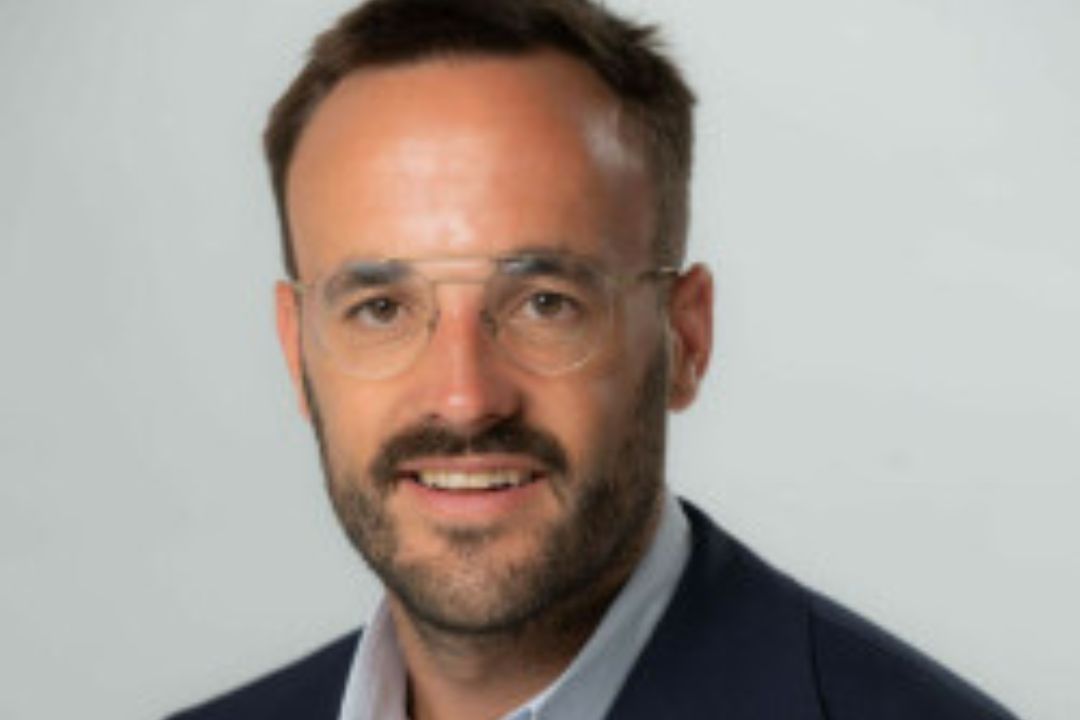22nd April 2024
In the recent episode of Healthcare Hackers, a series of thought-provoking online discussions about healthcare challenges, leading voices from AstraZeneca, Instituto Pedro Nunes, Charles River Laboratories, and AIP Clinic delved into the AI’s limitations in the healthcare landscape.
As AI and generative AI technologies surge, their transformative potential within healthcare systems becomes increasingly evident. However, amid the soaring expectations, a critical appraisal of both the possibilities and limitations of AI is imperative. During the Healthcare Hackerss discussion each panelists brought their unique perspectives shaped by diverse expertise and experiences.
Foremost among the anticipated benefits is the prospect of accelerated disease diagnosis, potentially shaving off up to 17 years in critical cases. Moreover, the traditionally protracted timeline for drug discovery and development could be condensed from five years to a mere eighteen months. Equally significant is the push towards democratising healthcare technology, ensuring universal access for all.
Yet, to fully realise these ambitions, the foundation of robust data infrastructure is indispensable, underscored by the panelists. Thibault Geoui, Head of Science Analytics at Charles River Laboratories, highlighted larger organisations’ systemic challenges in data management, contrasting with the agility of native digital entities. Istvan Fazekas, co-founder of AIP Clinics, envisioned a future where a centralised healthcare data repository empowers individuals with comprehensive health profiles.
However, amidst the promise, concerns linger regarding biases inherent within AI systems. Karolina L. Tkaczuk, Senior Director of Innovation and Academic Alliance at AstraZeneca, emphasised the pivotal role of diverse data inputs in mitigating biases. Addressing the imperative of educating medical professionals on AI utilisation emerged as a critical facet.
Furthermore, the current constraints of generative AI, as elucidated by Karolina L. Tkaczuk, underscore the technology’s ongoing evolution. Regulatory frameworks, essential for safeguarding the integrity of healthcare, face the daunting challenge of keeping pace with rapid technological advancements.
Asked by Ricardo Pires, Health Community Lead at EIT Health InnoStars and a moderator of the discussion, about sustainability of AI technology, Joao Quintas, Project Manager & Researcher at Instituto Pedro Nunes, underscored the environmental footprint of AI technologies. While potentially reducing commute-related emissions, the resource-intensive nature of computational infrastructure demands careful consideration.
In navigating these complexities, Thibault Geoui emphasised the need for a balanced investment strategy, straddling immediate value and future innovation. Trust emerged as a central tenet for AI’s continued development, underscoring the imperative for collaborative efforts between scientists and technologists.
Despite the obstacles, a prevailing sense of optimism pervades the discourse, captured in Carolina’s exclamation: “We can take small steps to solve big problems, one by one.”
As the dialogue continues, the journey towards harnessing the full potential of AI in healthcare promises to be both challenging and transformative, underscoring the need for collective vision and collaborative action.
Interested in getting updates on new episodes of Healthcare Hackers? Subscribe to our newsletter!
Europe's top health start-ups take centre stage: EIT Health Catapult winners are revealed at HLTH Europe

2025 Catapult programme winners announced.
Finding Europe’s next healthtech leaders: Insights from Antoine D’Hollander

Insights from Antoine D’Hollander, Capricorn Partners.
EIT Health supports 17 promising deep tech start-ups bridge the ‘Valley of Death’

Providing start-ups with the right support.